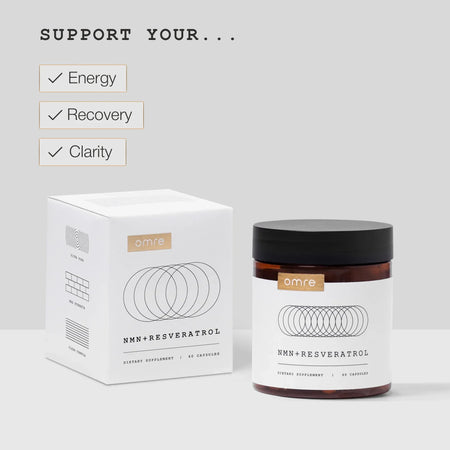Incontinence is a common issue that affects many individuals as they age, but understanding its relationship with aging is crucial for managing and addressing this condition. This article will explore the question: Is incontinence a normal part of aging? We will discuss the types of incontinence, its causes, treatments, and how to maintain a good quality of life despite this condition.
Is incontinence a normal part of aging?
Incontinence is not an inevitable part of aging, but it is more prevalent among older adults. While many people may experience some degree of urinary incontinence as they age, it is important to note that it is not a normal or unavoidable consequence of aging. Instead, incontinence can result from various factors, including medical conditions, medications, and lifestyle choices.
Understanding Incontinence
Incontinence is characterized by the involuntary loss of urine or feces. It can take several forms, including:
- Urinary Incontinence: This is the most common type and involves the involuntary leakage of urine.
- Fecal Incontinence: This refers to the involuntary loss of bowel control.
Both types can significantly impact an individual’s quality of life, leading to embarrassment and social withdrawal.
Types of Urinary Incontinence
There are several types of urinary incontinence, including:
- Stress Incontinence: This occurs when physical activities like coughing, sneezing, or exercising put pressure on the bladder.
- Urge Incontinence: This involves a sudden, intense urge to urinate followed by involuntary leakage.
- Overflow Incontinence: This occurs when the bladder does not empty completely, leading to dribbling.
- Functional Incontinence: This type is due to physical or cognitive impairments that prevent timely bathroom access.
Causes of Incontinence in Older Adults
Several factors contribute to the increased prevalence of incontinence among the elderly:
- Muscle Weakness: Aging can weaken the pelvic floor muscles and bladder, leading to control issues.
- Chronic Conditions: Health issues like diabetes, stroke, and neurological disorders can affect bladder control.
- Medications: Some medications have side effects that may contribute to incontinence.
- Prostate Problems: In men, prostate enlargement or surgery can impact urinary control.
Managing Incontinence
While incontinence is common among older adults, it is manageable and often treatable. Here are several strategies:
Lifestyle Changes
Making certain lifestyle changes can help manage incontinence:
- Dietary Adjustments: Avoiding bladder irritants such as caffeine, alcohol, and spicy foods can reduce symptoms.
- Fluid Management: Monitoring fluid intake and hydration can help control the urgency and frequency of urination.
- Strengthening Exercises: Pelvic floor exercises, commonly known as Kegel exercises, can strengthen the muscles that support the bladder.
Medical Treatments
If lifestyle changes are not sufficient, medical treatments may be necessary:
- Medications: Various medications can help control bladder overactivity and improve symptoms.
- Physical Therapy: Specialized physical therapy may assist in strengthening pelvic muscles.
- Surgical Options: In some cases, surgery may be recommended to correct anatomical issues.
When to Seek Help
It is essential for individuals experiencing incontinence to consult a healthcare provider. Early intervention can often lead to better outcomes and improved quality of life. Signs that indicate the need for medical help include:
- Sudden changes in bladder habits
- Severe or persistent leakage
- Incontinence that disrupts daily activities or social interactions
Conclusion
In conclusion, while incontinence is more common among older adults, it is not a normal part of aging. Understanding its causes and exploring management options can help individuals maintain their quality of life. If you or someone you know is dealing with incontinence, it is crucial to seek professional advice and support. There are many resources and treatments available to help manage this condition effectively.
Stay Sharp, Stay Energized, Stay Ahead
Aging doesn’t have to slow you down. NMN + Resveratrol is your key to sustained energy, sharper focus, and long-term vitality. Whether you're a high performer pushing boundaries, a biohacker optimizing every aspect of life, or a parent looking to keep up with the demands of daily life, this powerful combination fuels your body at the cellular level.
Backed by science and trusted by those who refuse to settle for average aging, NMN + Resveratrol helps you stay ahead—today, tomorrow, and for years to come.
Experience the benefits for yourself. Start your journey to better aging now!
Try NMN + Resveratrol Today!
NMN + RESVERATROL
Cellular NAD+ booster with ultra‑pure NMN and Resveratrol, at research‑backed doses.*
Read more:


